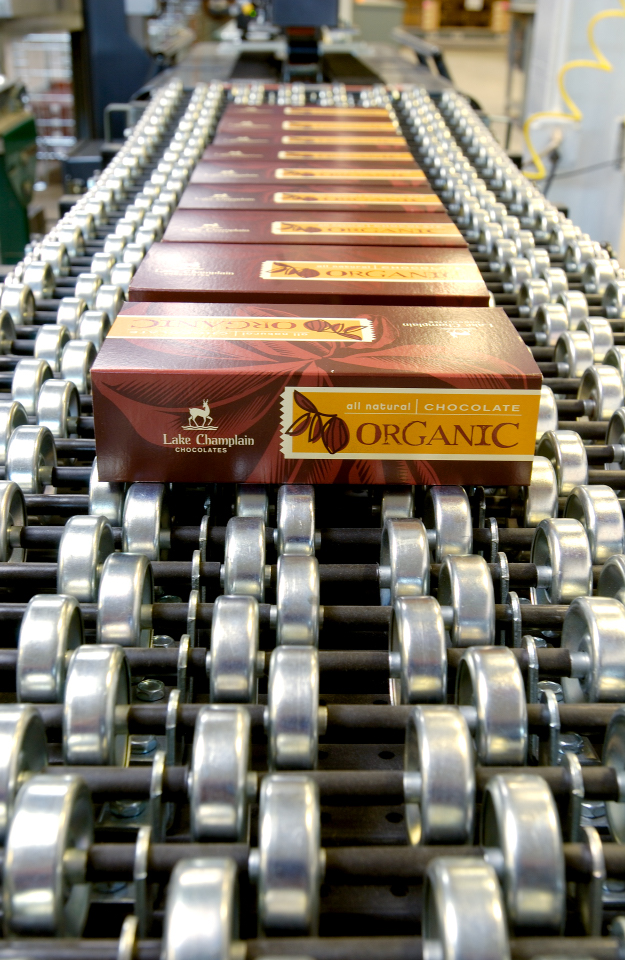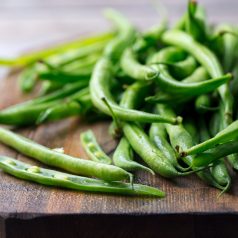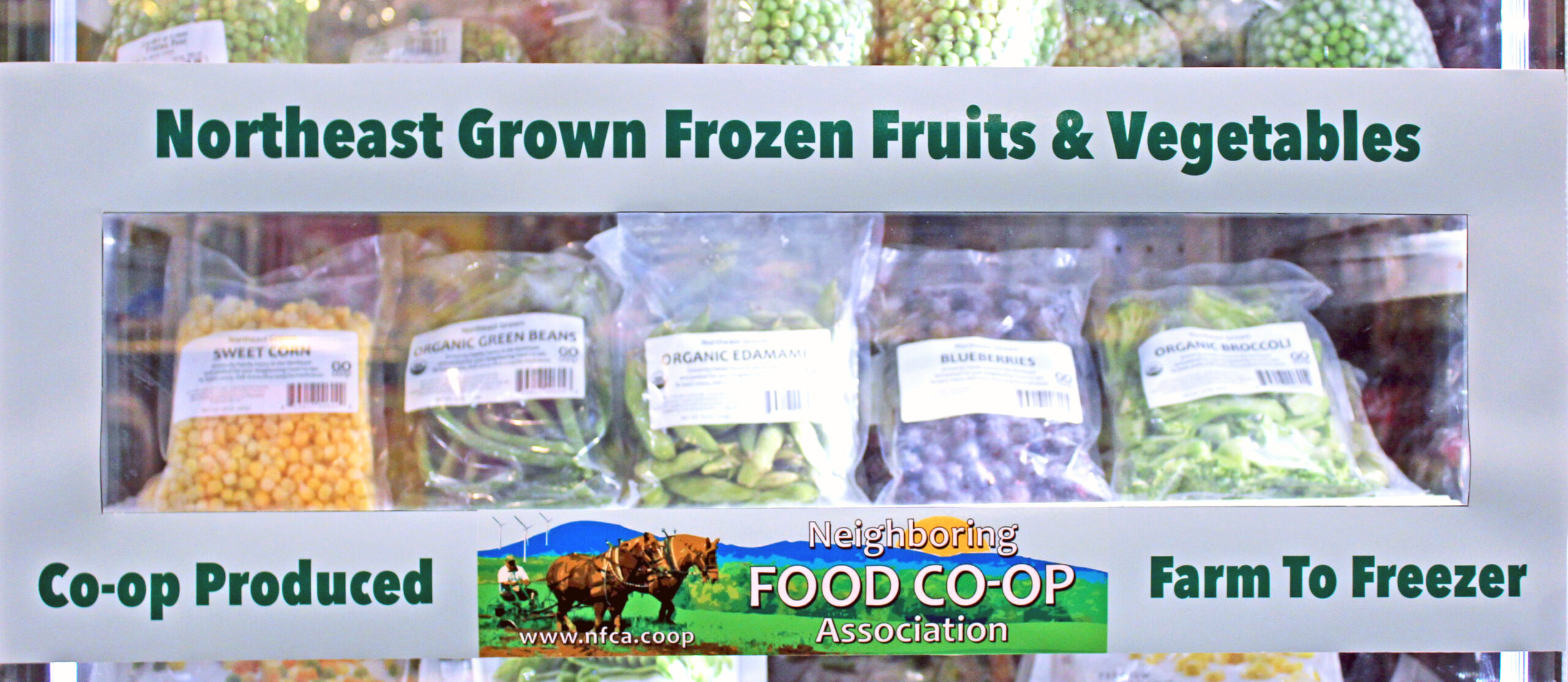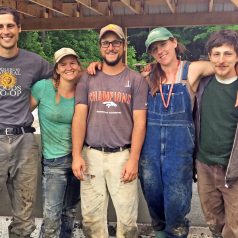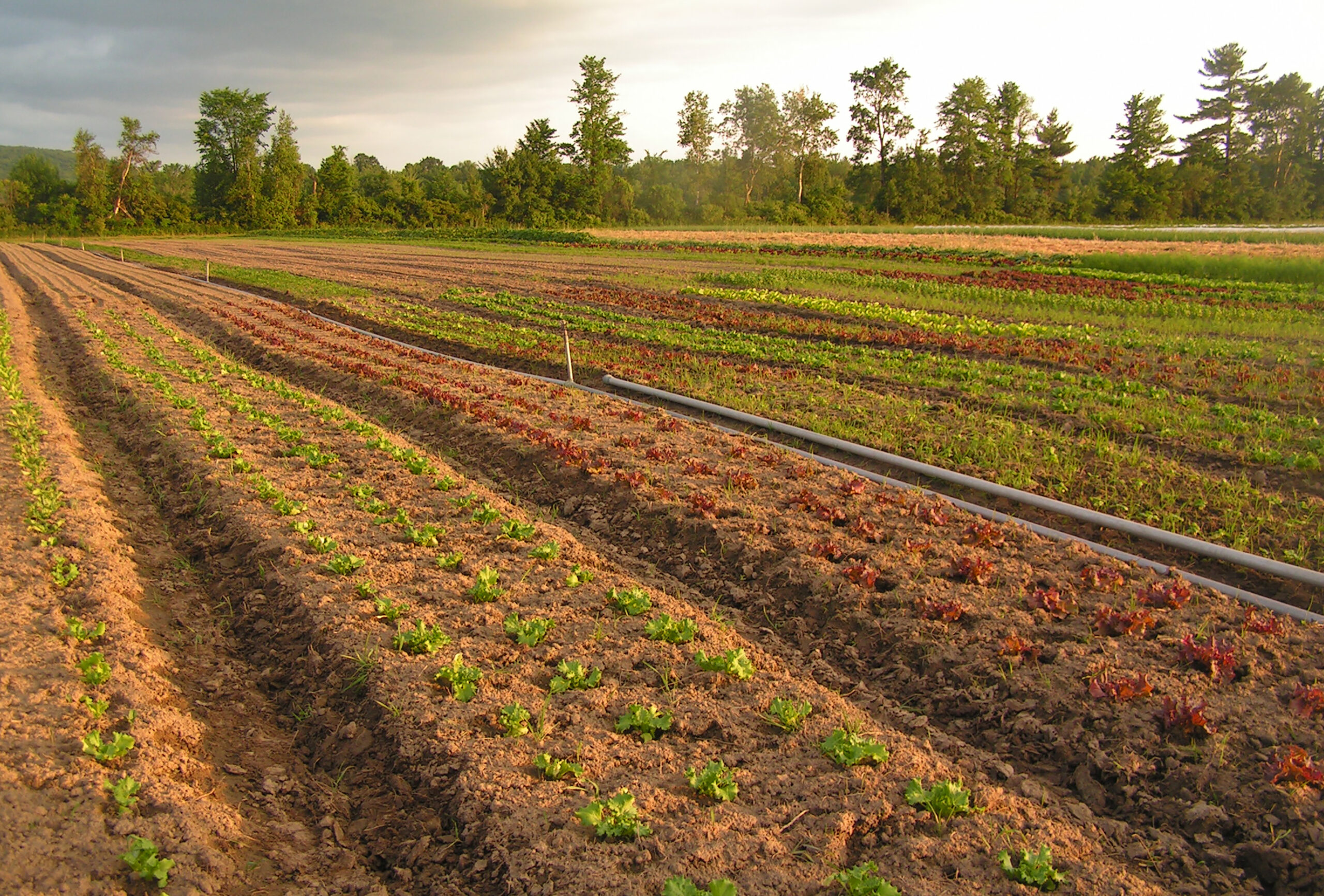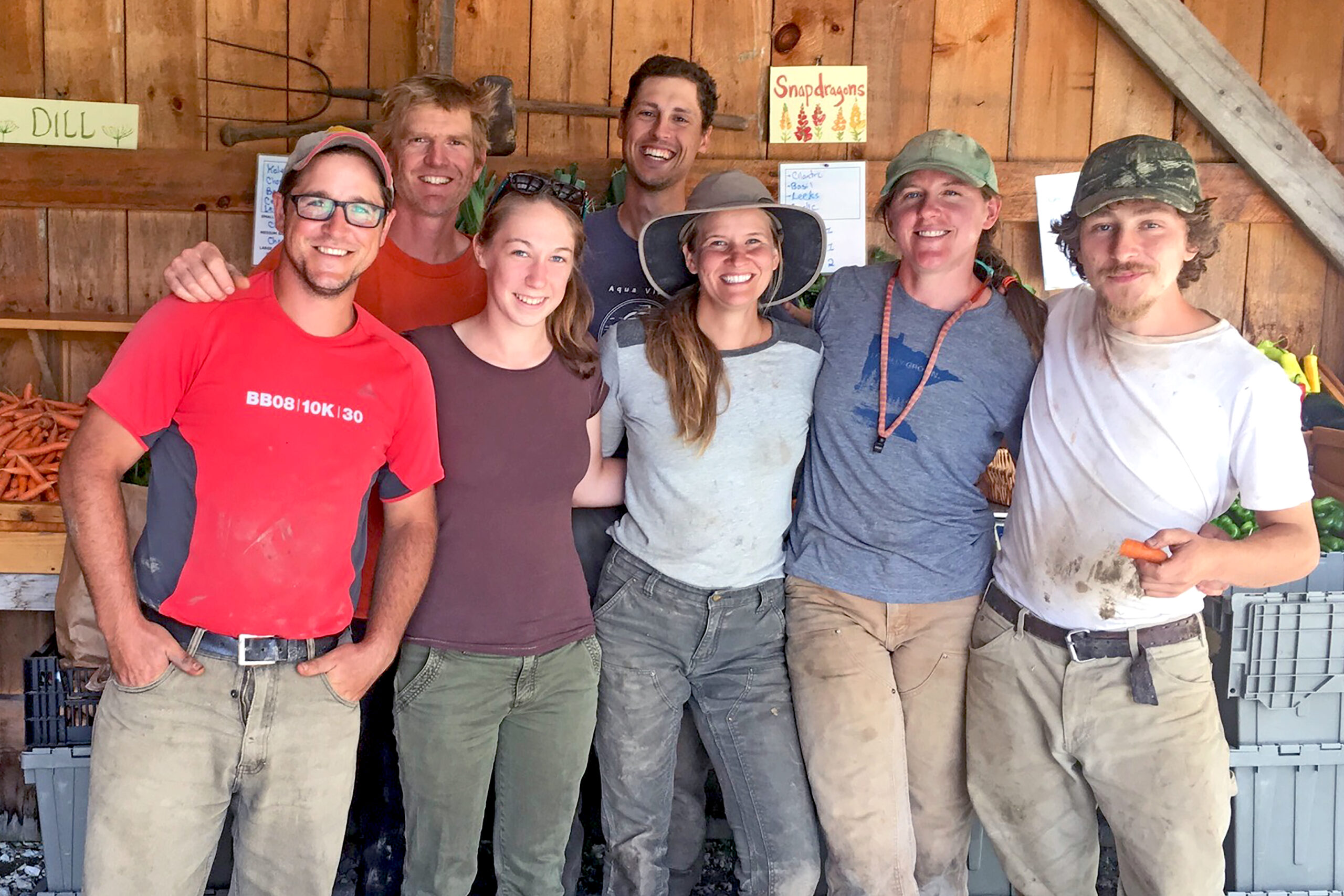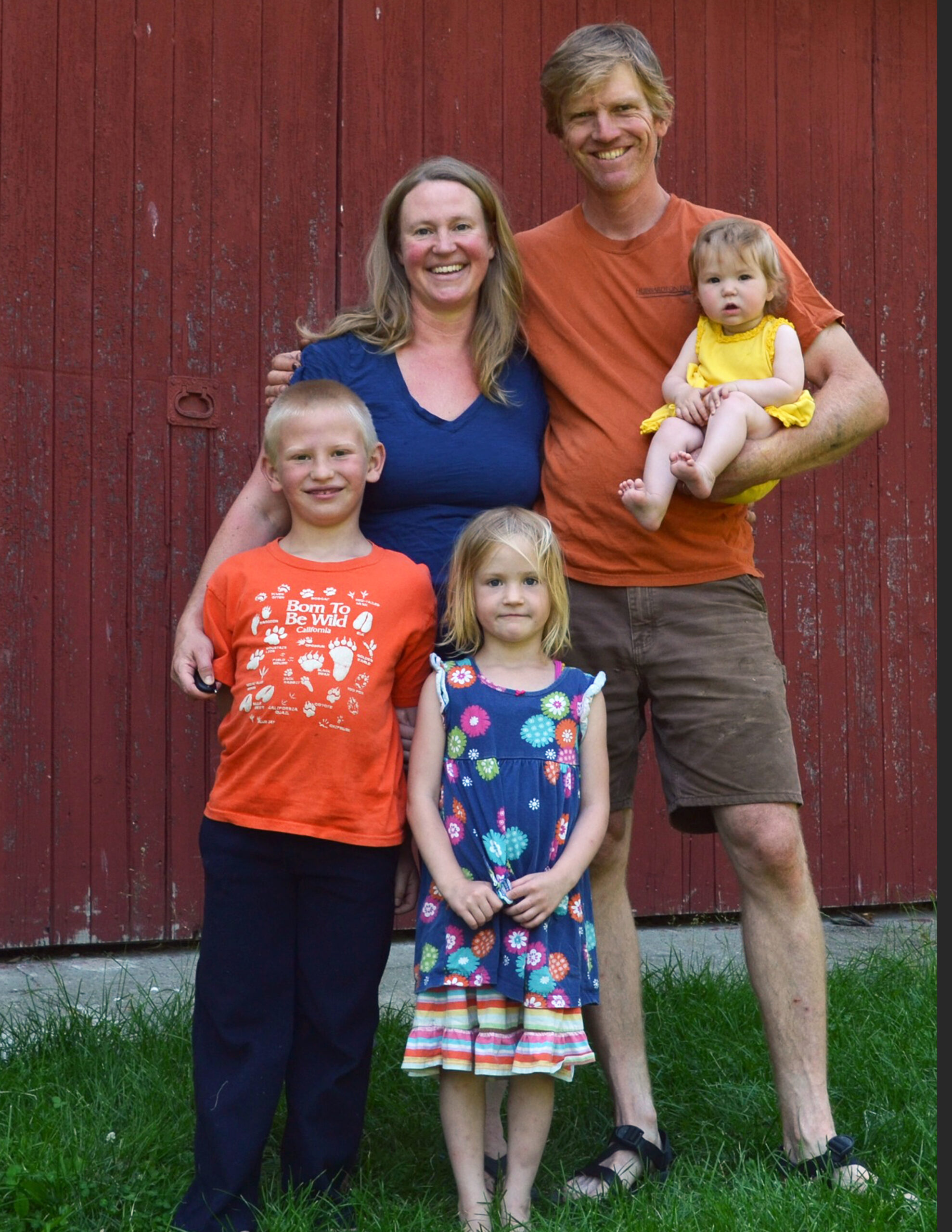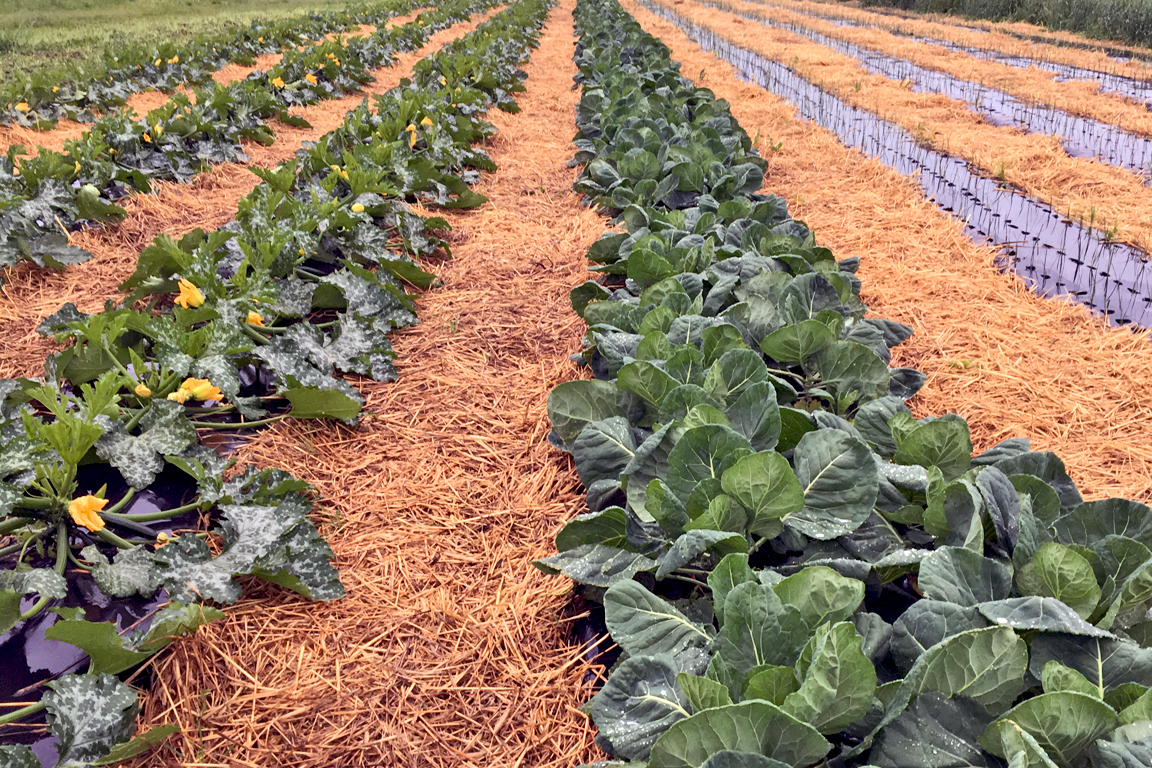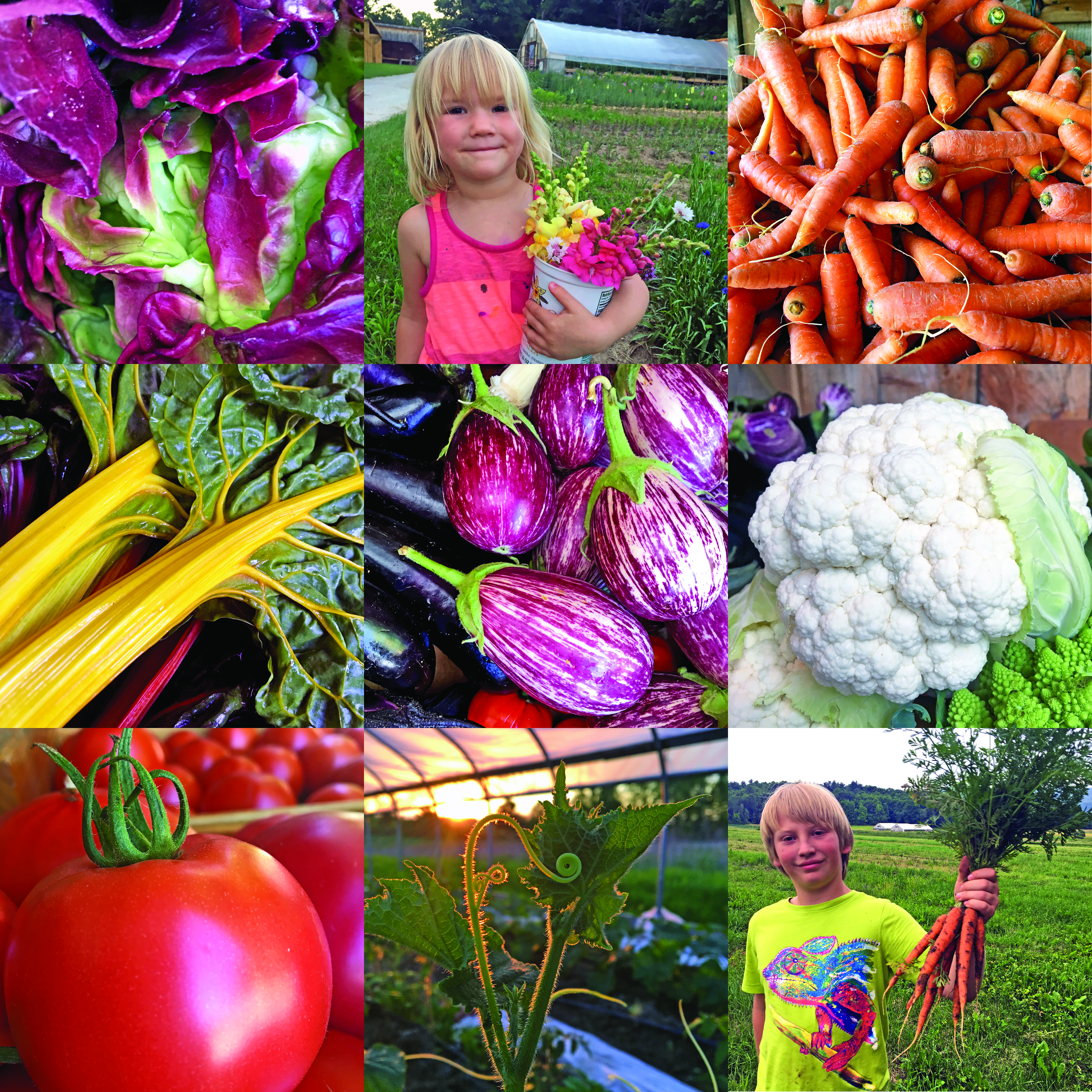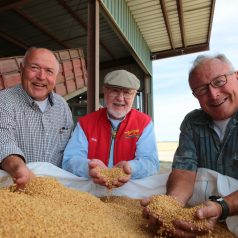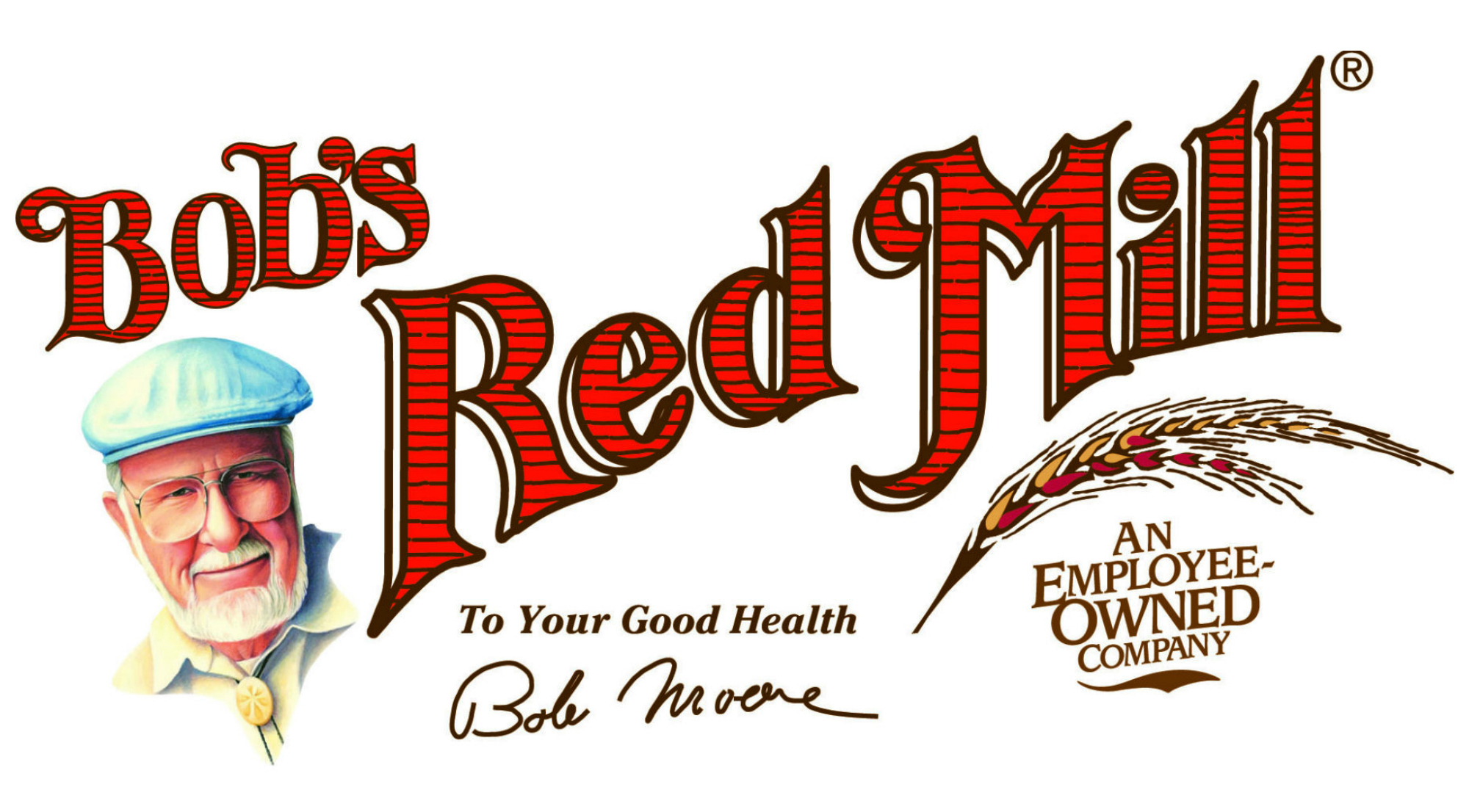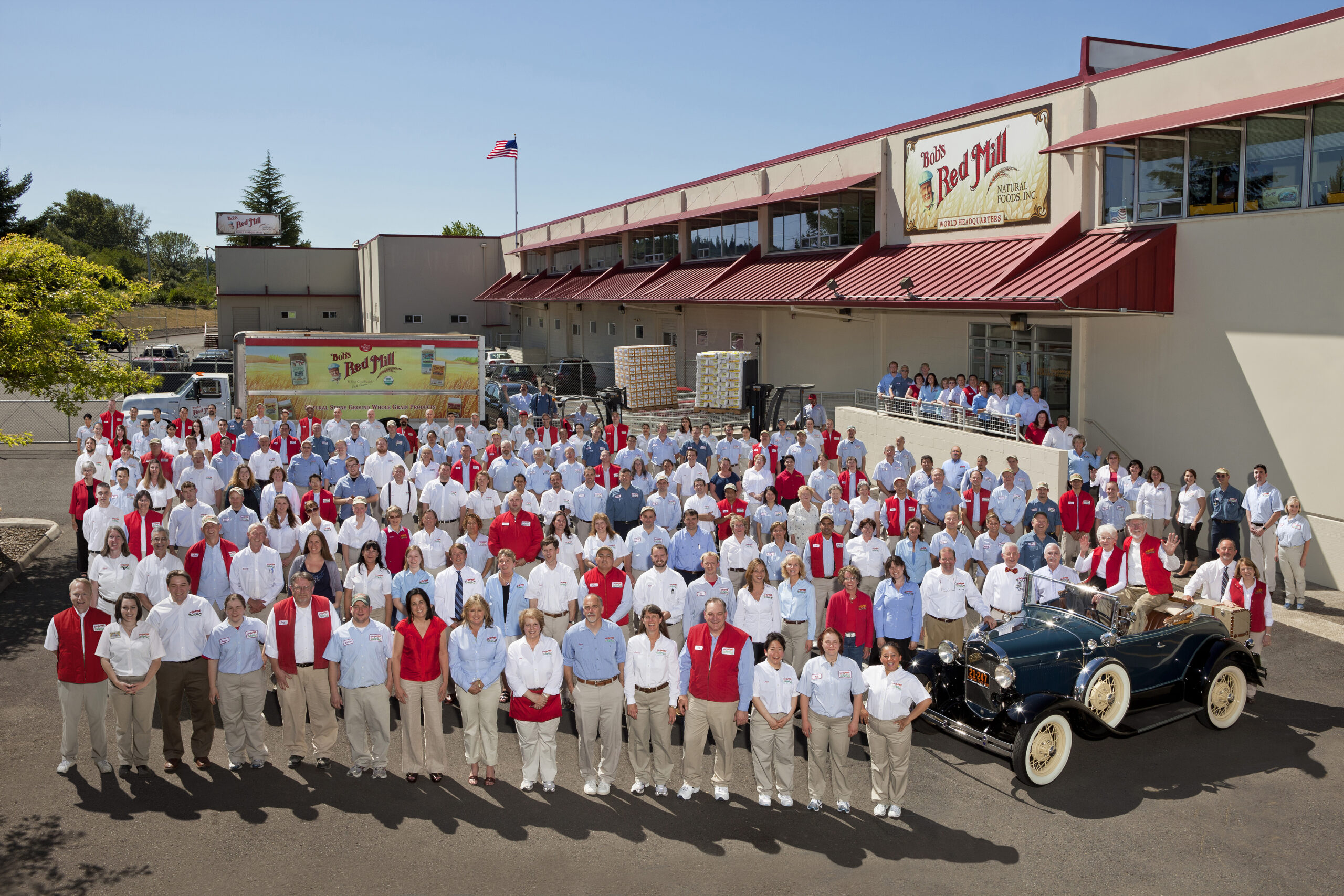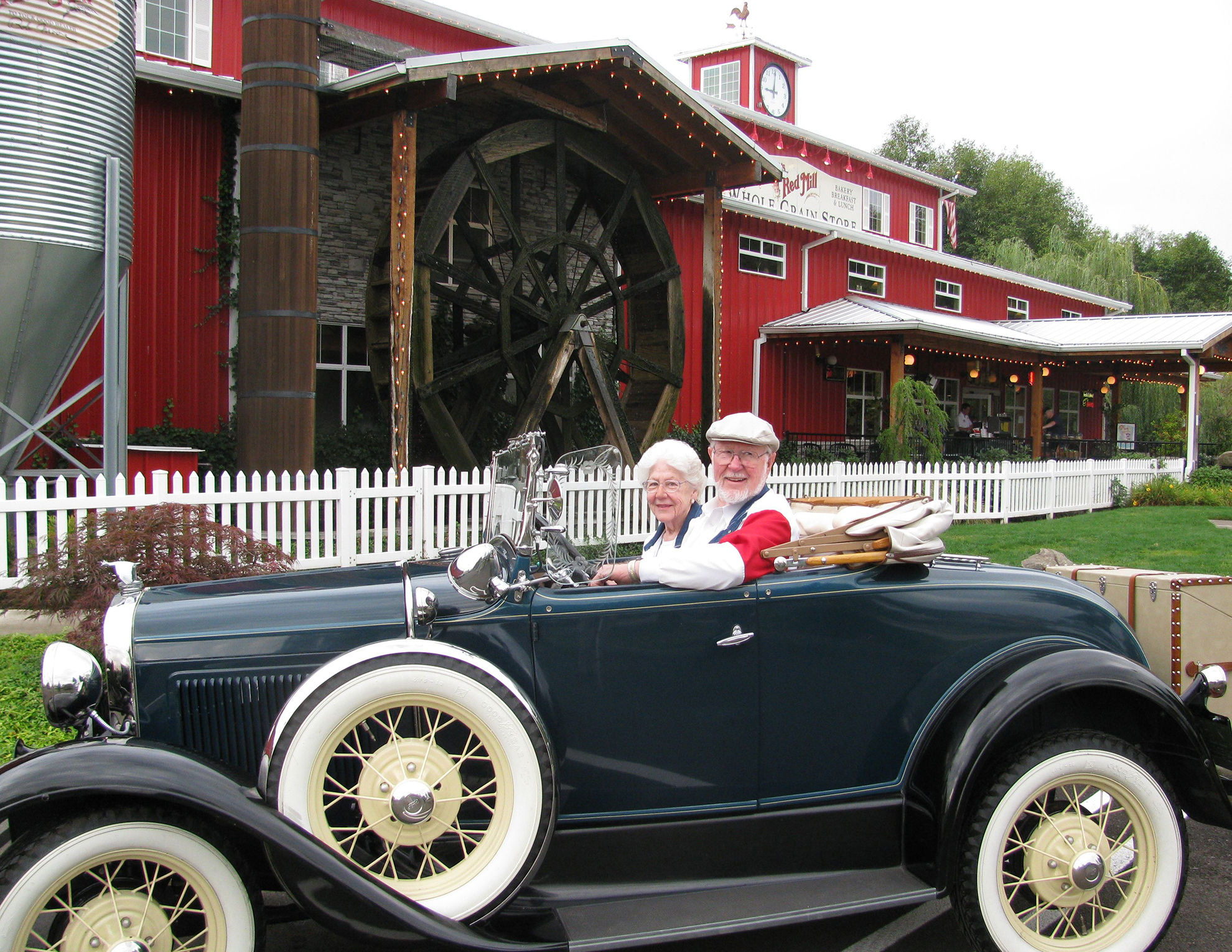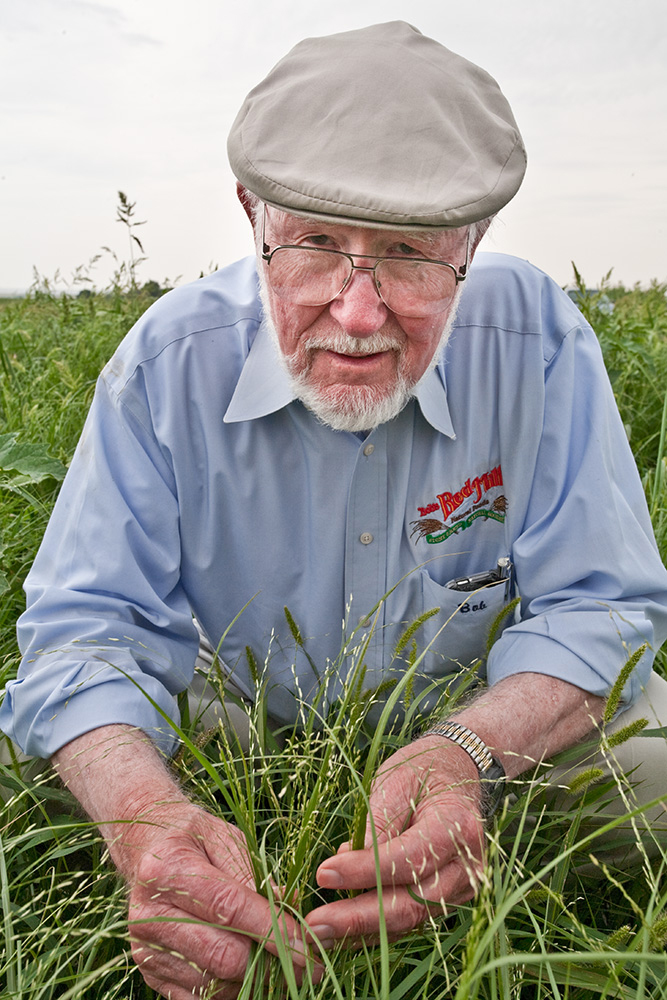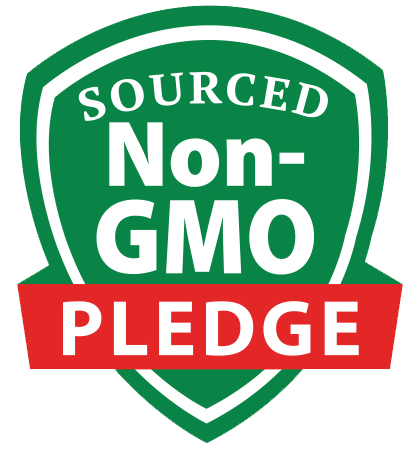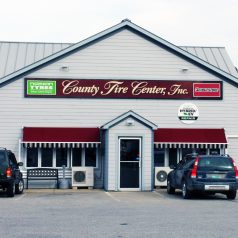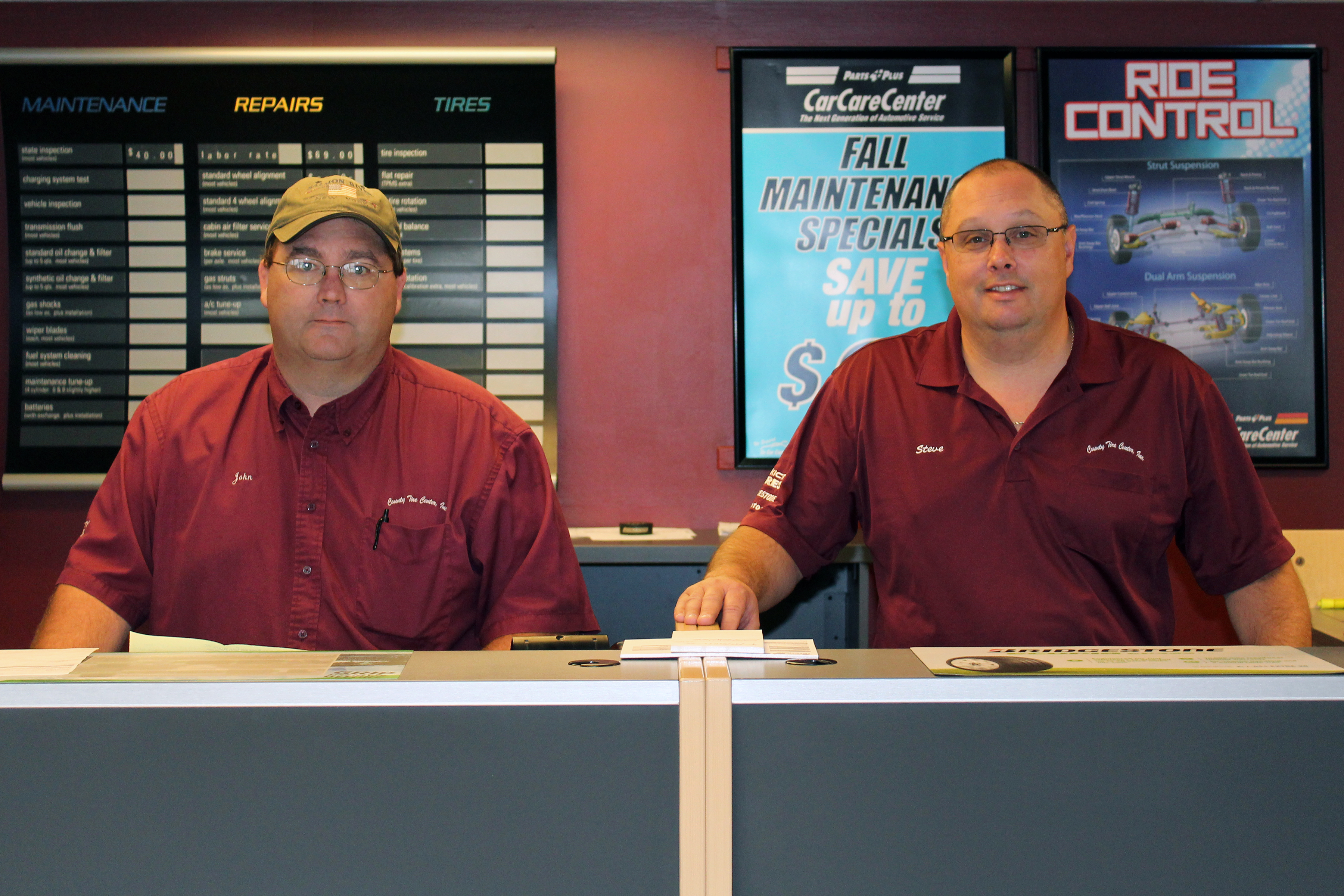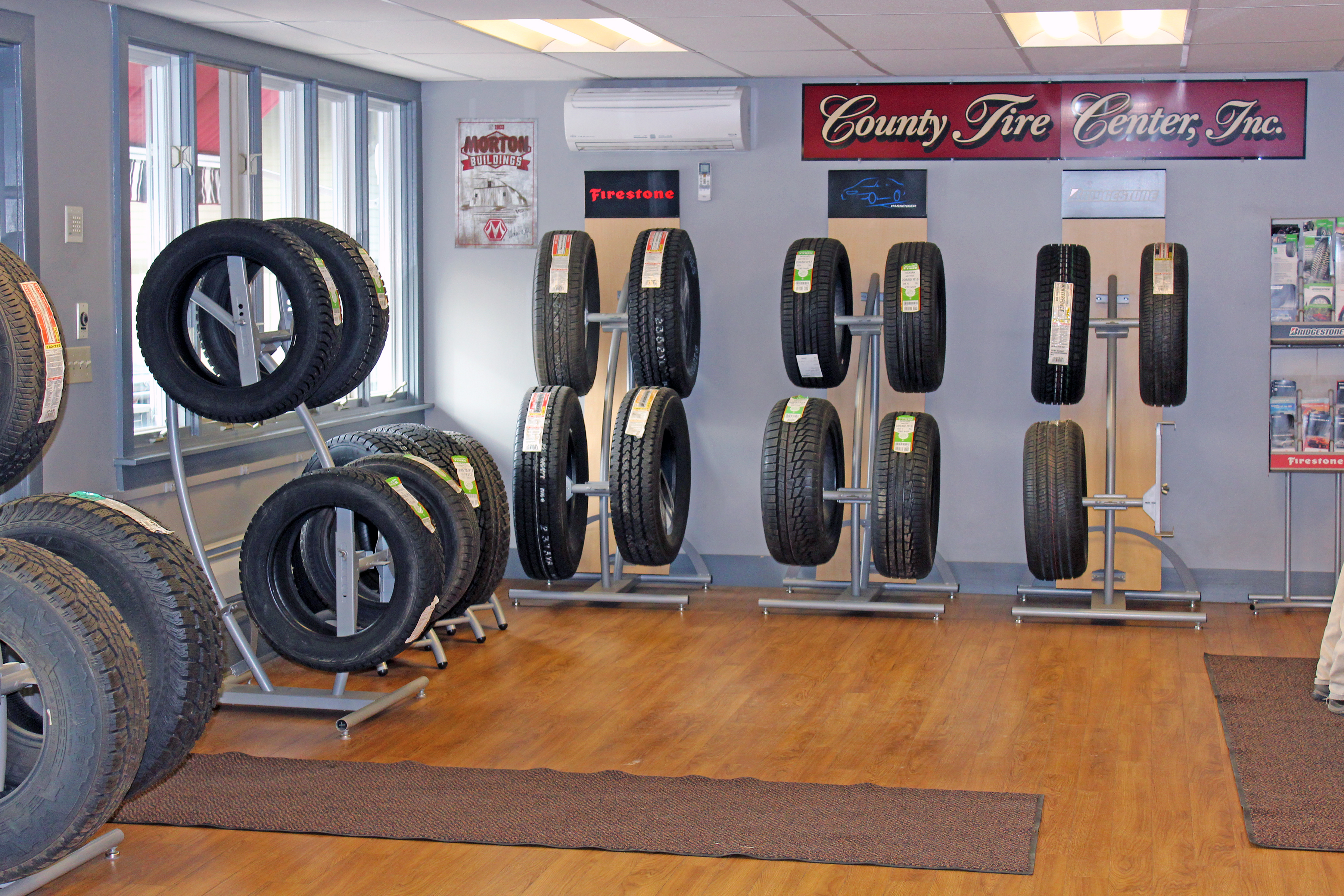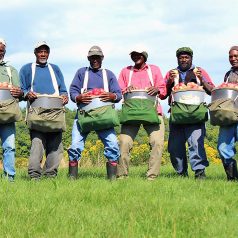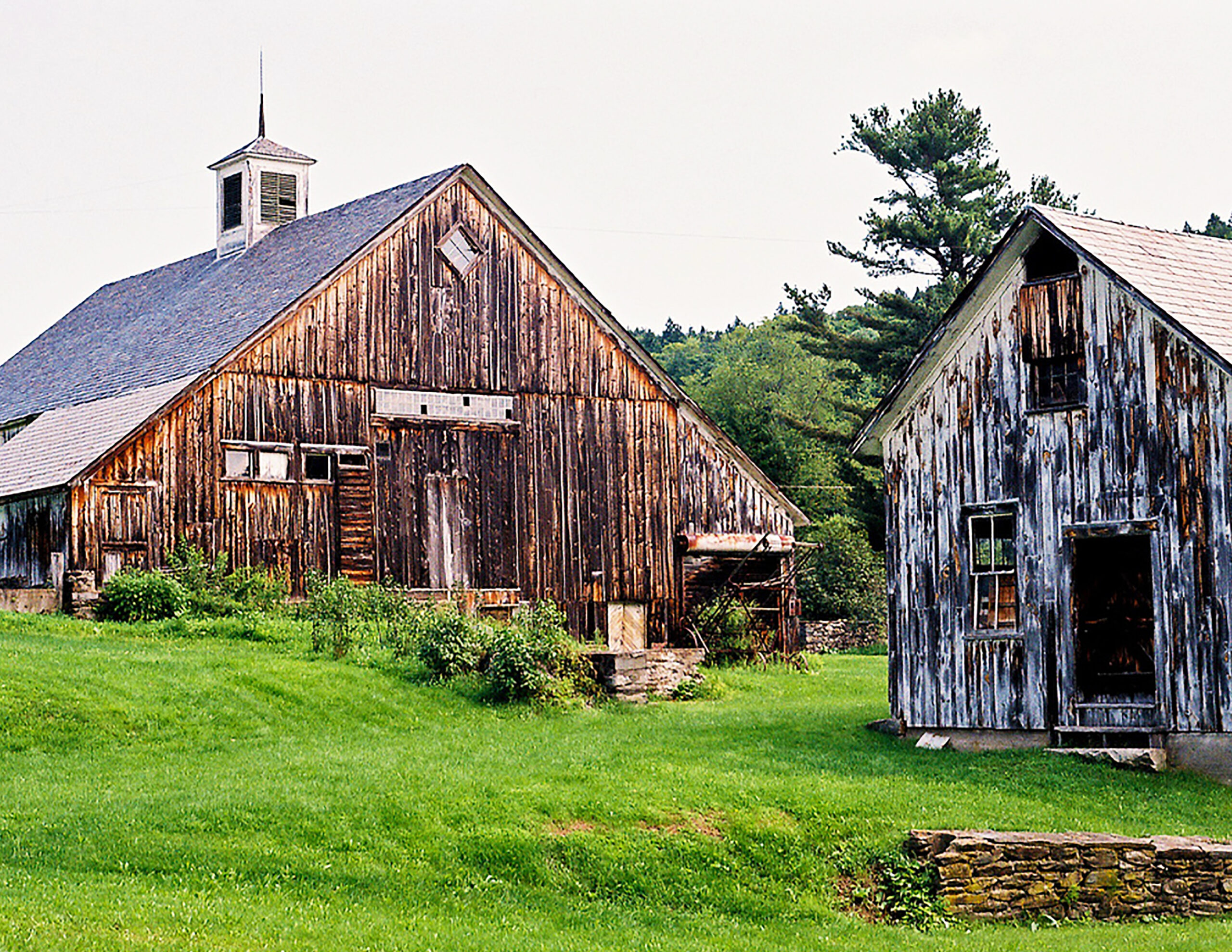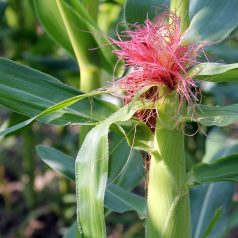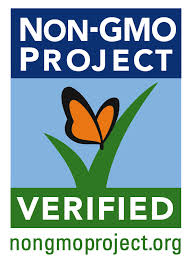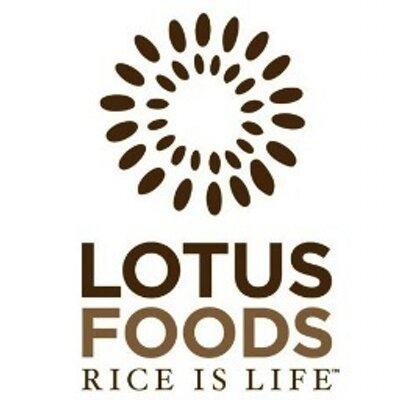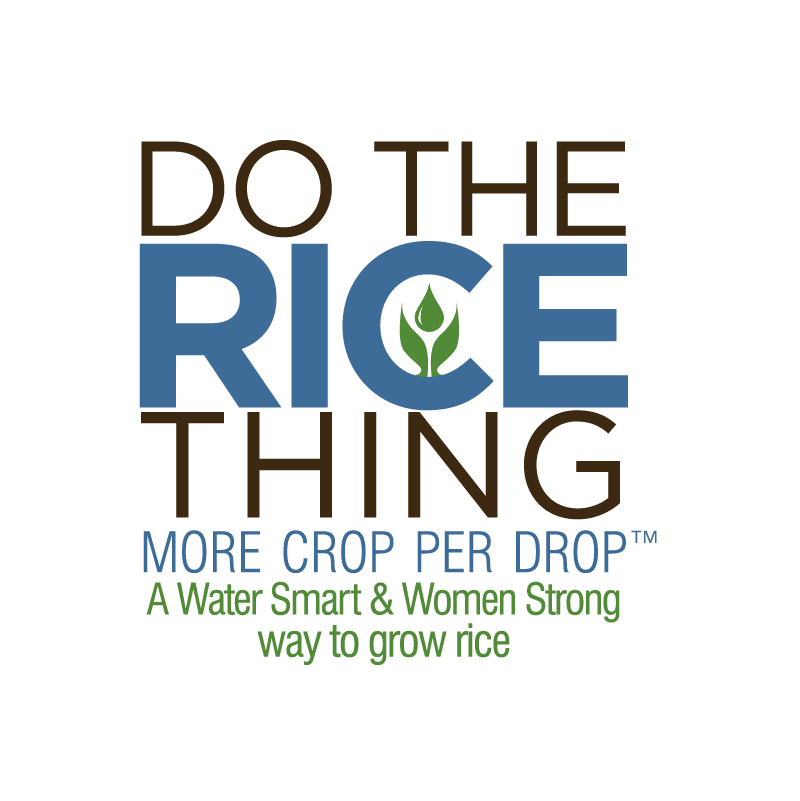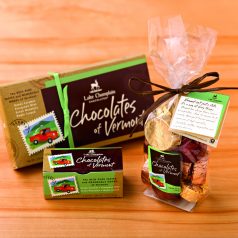
Spotlight on Lake Champlain Chocolates
We’re casting our Co-op Spotlight this week on a local favorite – Lake Champlain Chocolates! All of their mouth-watering chocolates are 20% off for member-owners from November 16th – 22nd! Read on to learn more about this local confectionery that has called Vermont home since 1983:
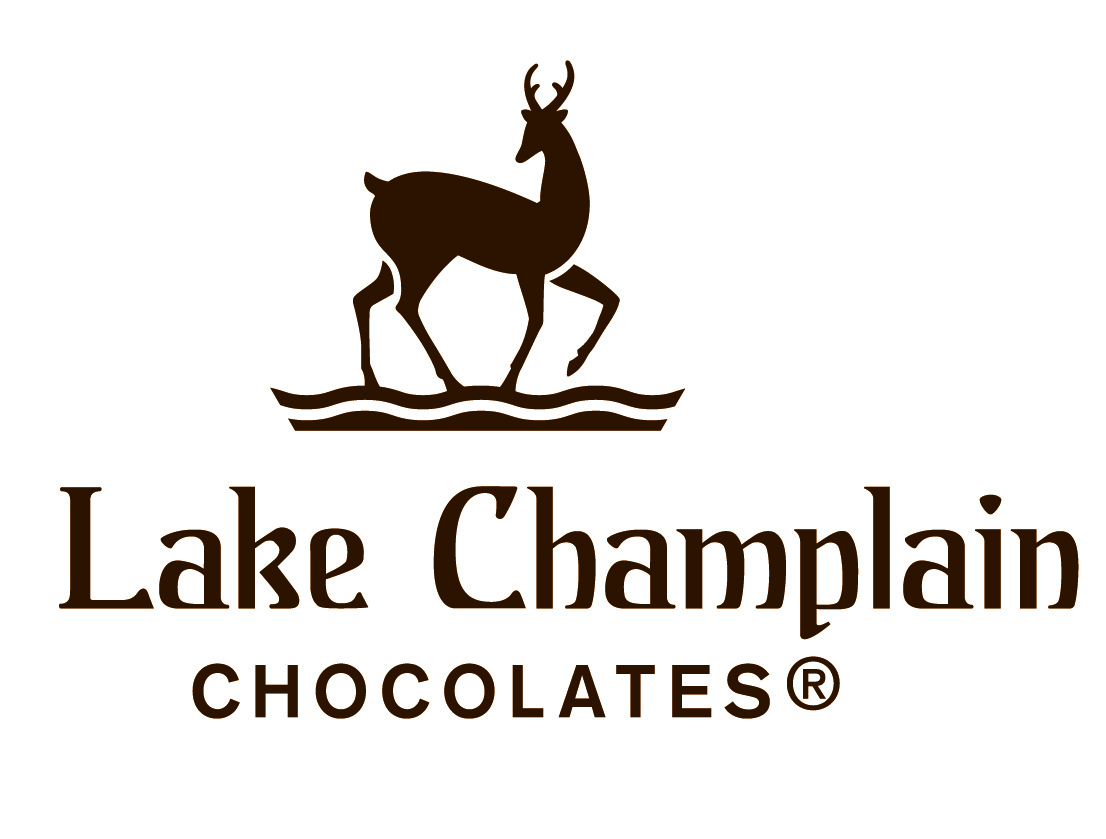
According to the folks at Lake Champlain Chocolates, Vermont is more than an address; it’s home. It’s where they live, who they are, and how they choose to do business. And from the first truffle in 1983 to the present day, Vermont has inspired the folks at Lake Champlain Chocolates to take a craftsman’s approach to chocolate: creativity, patience, and mastery.
What began as a truffle-making venture has now grown to include a long list of tasty treats from fudge to sea salted caramels and beyond. And with each new product, their original commitment to excellence has remained the same. They have remained true to their mission of seeking out the best and freshest ingredients from local farmers and producers and they’ve been doing it that way long before it was cool. Call it Vermont instinct, but even back in ’83, it just made sense that using local honey, maple syrup, and fresh cream in their Chocolates of Vermont would result in superior flavor. Those same instincts also guided the decision to never add preservatives, extenders, or additives to any of their chocolates.
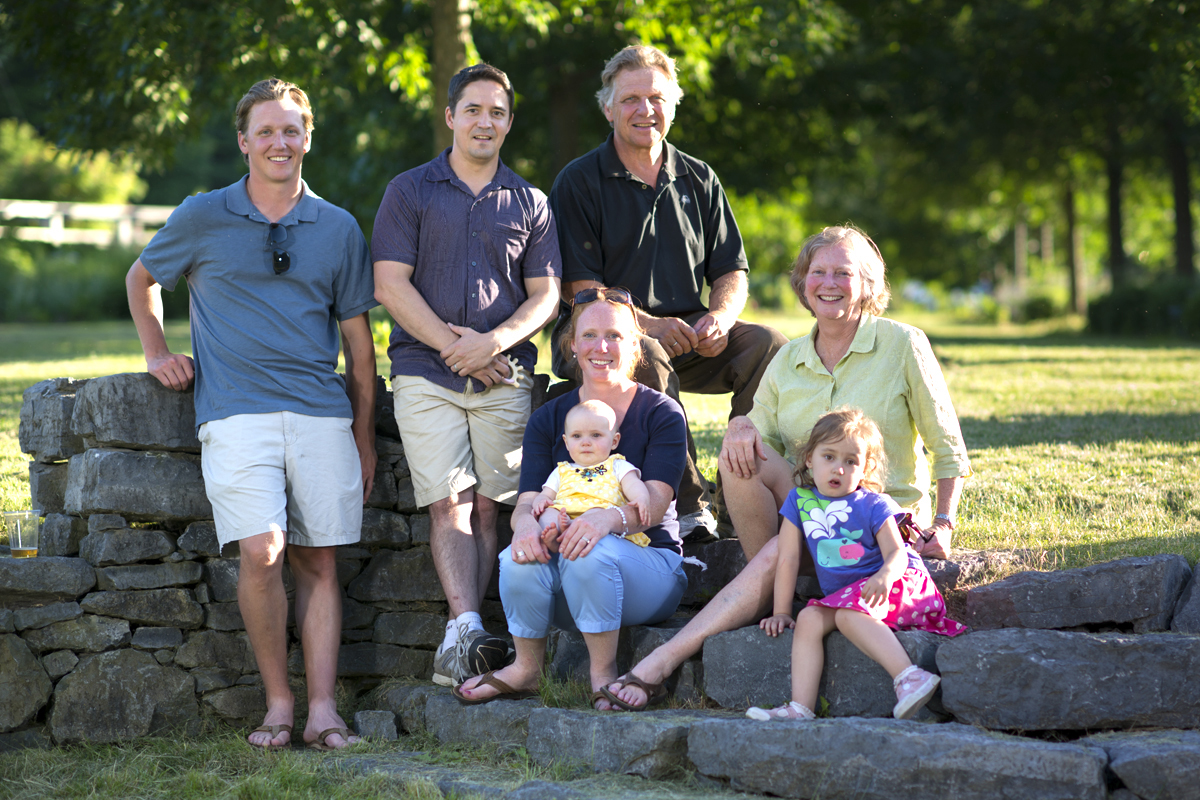
Fair Trade:
Beyond labeling individual products as “fair trade” — an ongoing process in itself — the entire company is now certified Fair for Life. Fair for Life is a rigorous third-party certification for social accountability and fair trade. Above and beyond fair trade certification, it looks at a company’s practices as a whole, including the ingredients used in its products. LCC undergoes regular audits to ensure every step of its supply chain is socially legit. Not just the cocoa, but every link they have as a business, including their own employees’ working conditions here in Vermont.
Why? Because of their belief that every person in the process should be treated and compensated fairly. And that means everyone in the supply chain — from the farmers who grow and harvest the cocoa, to those who transport it, transform it into chocolate, process your order, package it, and ensure it arrives ready for you to enjoy.
This certification affirms the following:
- A price premium is paid to the cocoa farmers and co-ops.
- Certified products originate from fair trade producer operations.
- LCC is engaged in long-term partnerships and socially responsible trading practices with its suppliers/purveyors.
- LCC respects the labor rights of its own employees, providing good working conditions.
- LCC is a good community citizen and practices environmental responsibility.
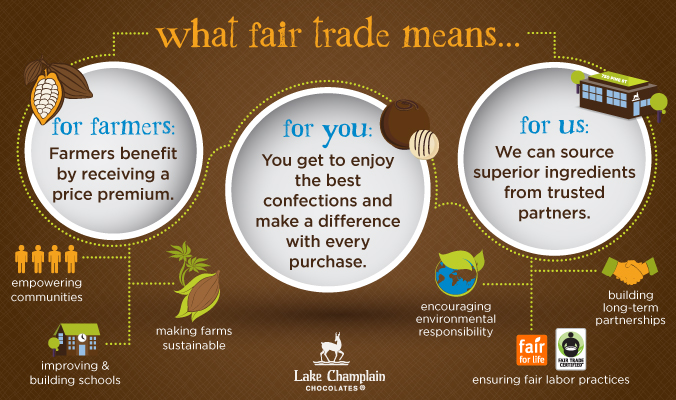
Blue Bandana Bean-To-Bar:
Blue Bandana is an award-winning line of single-origin craft chocolate bars launched in 2012 by Eric Lampman, head of R&D at Lake Champlain Chocolates and son of founder Jim Lampman. Born from a desire to go deeper into the chocolate-making process, the micro-batch chocolate bars are produced in Vermont using cocoa beans sourced directly from their origin.
With the Blue Bandana line, they’re following a “direct trade” model. As the name implies, there’s no middleman, so the supply chain is that much shorter. This allows them to build one-on-one relationships with farmers and sponsor local initiatives in the communities where the cacao is grown. There’s a direct feedback loop with growers and co-ops, and that makes a huge difference in the quality of the end product.
For LCC as a whole, fair trade still offers the best solution. Going 100% direct trade company-wide would be a real challenge, for a few reasons — sheer quantity, for starters. Bottom line, fair trade and direct trade are both valid ways to do the right thing, make sure farmers get a fair shake, and get to know your supply chain.
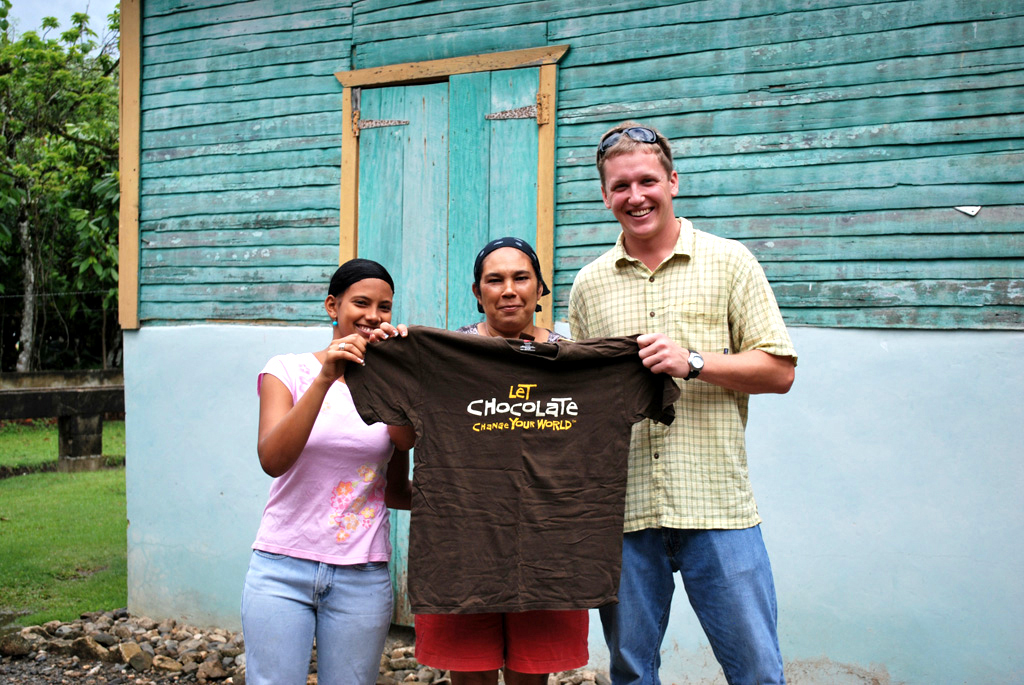
Uncompromising Quality:
All of the products at Lake Champlain Chocolates are certified Kosher with zero additives or shelf extenders and the goal is to use non-GMO ingredients whenever possible. Of course, their certified organic chocolates are 100% GMO-free as guaranteed by the organic certification.
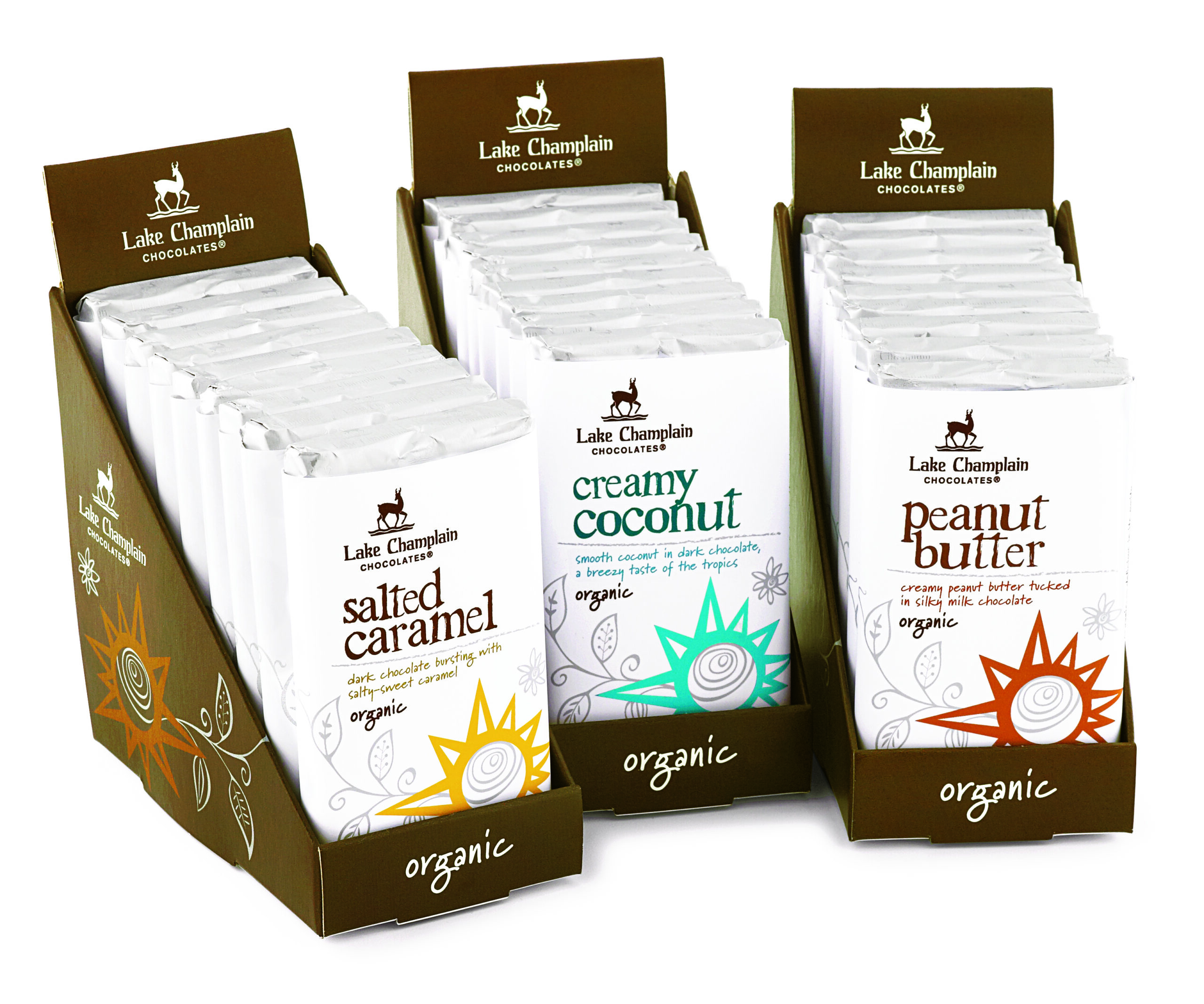
Factory Tours:
Want to see how their chocolates are made? Take a FREE Factory Tour!
Monday-Friday, 11am-2pm
Tours on the hour
Self-Guided Tours after 3pm
FREE Chocolate Tastings
Saturday & Sunday, 11am to 4pm
750 Pine Street Burlington, VT
Tours fill up quickly in peak months, so call ahead: 802-864-1807
